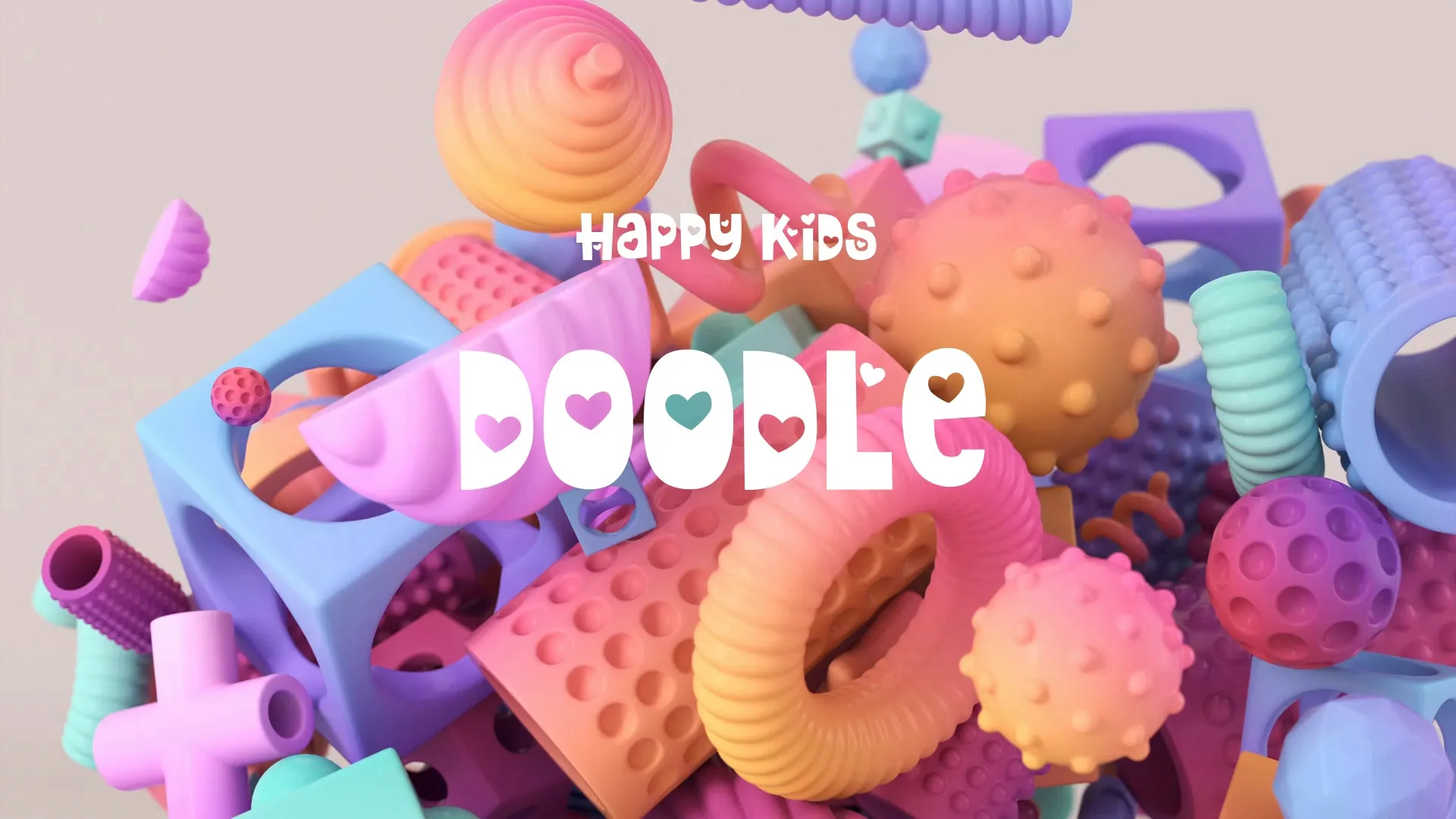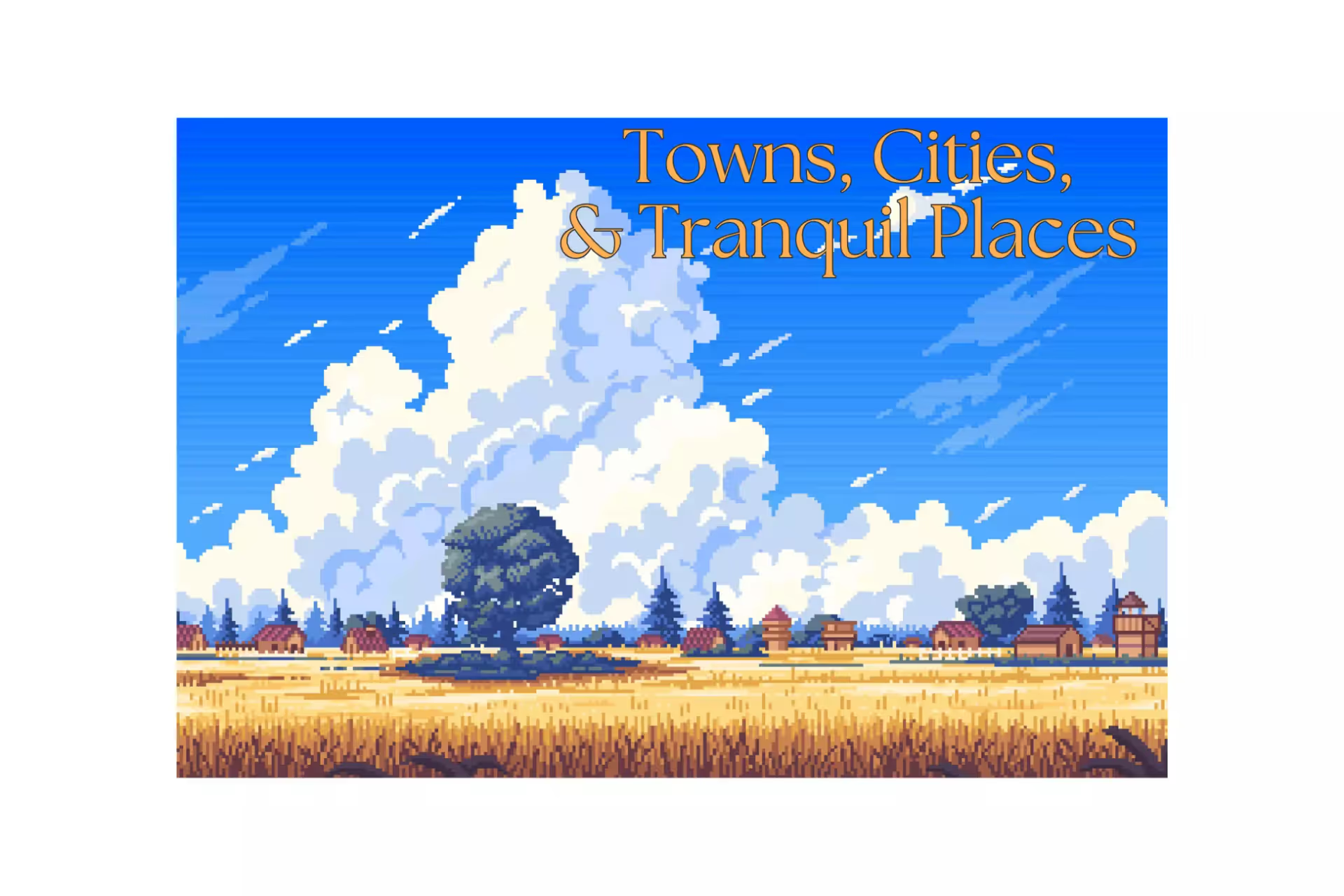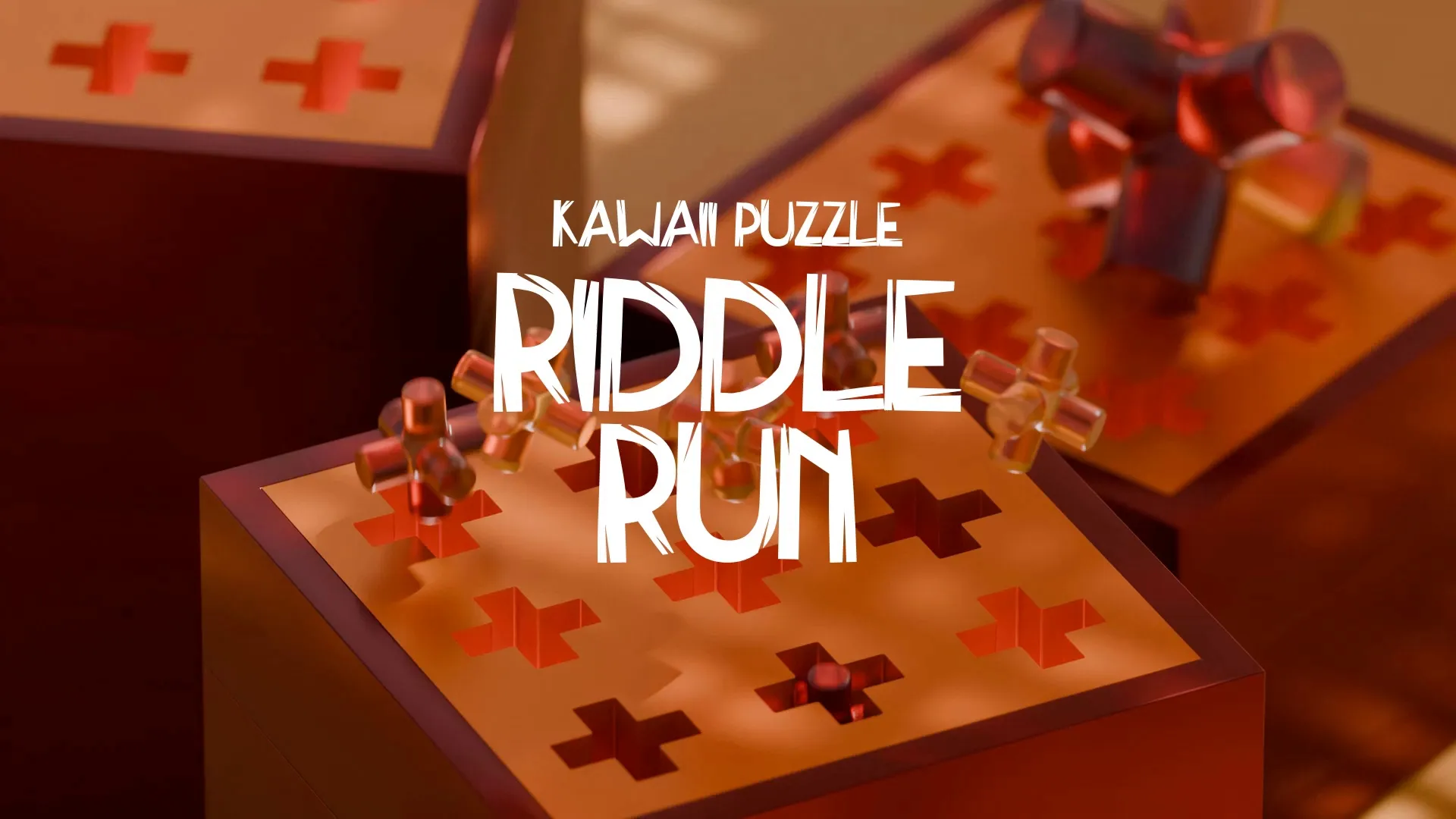Networking & Pitching for Indie Game Developers: Crafting Your Compelling Elevator Pitch
Building connections and effectively communicating your game’s vision are critical for indie game developers. A strong online presence and a compelling elevator pitch can open doors to opportunities. This guide outlines practical networking strategies and how to refine your game’s presentation.
Establish Your Digital Footprint
Your online presence is your professional storefront. Consistently showcasing your game development progress is essential.
Maintain active profiles on platforms like Twitter, LinkedIn, and indie game forums. Share regular updates, screenshots, and short video clips of your game in progress. This consistent activity builds anticipation and demonstrates commitment to your project.
Consider creating a dedicated portfolio page to consolidate all your work and links. A platform like Devpage allows you to showcase all your games and projects in one organized space, making it easy for potential partners to see your full scope.
Engage with other developers and industry professionals. Comment on their posts, offer constructive feedback, and participate in relevant discussions. This reciprocal engagement builds goodwill and visibility.
Crafting a Compelling Elevator Pitch for Games
An elevator pitch is a concise summary of your game, designed to capture attention in a short timeframe. It should be memorable, informative, and persuasive.
Start with your game’s core concept. What genre is it? What makes it unique? Articulate its central hook immediately.
Identify your target audience and the primary problem your game solves or the experience it delivers. For example, ‘It’s a rogue-like deck-builder for players who love strategic depth but are tired of predictable card synergies.’
Highlight your game’s unique selling proposition (USP). This is what differentiates your game from others in the market. Focus on one or two key features that truly stand out.
Describe the gameplay loop concisely. How does the player interact with your game? What is the moment-to-moment experience like?
Conclude with your desired outcome. Are you seeking a publisher, a team member, or just feedback? Be clear about your objective.
Common Pitching Pitfalls to Avoid
Many indie developers make avoidable mistakes when pitching. Understanding these can significantly improve your success rate.
Avoid being overly verbose. Your pitch should be brief and to the point, typically under 60 seconds. Long, rambling explanations lose your audience’s interest.
Create a free account, or log in.
Gain access to free articles, game development tools, and game assets.













.webp)









